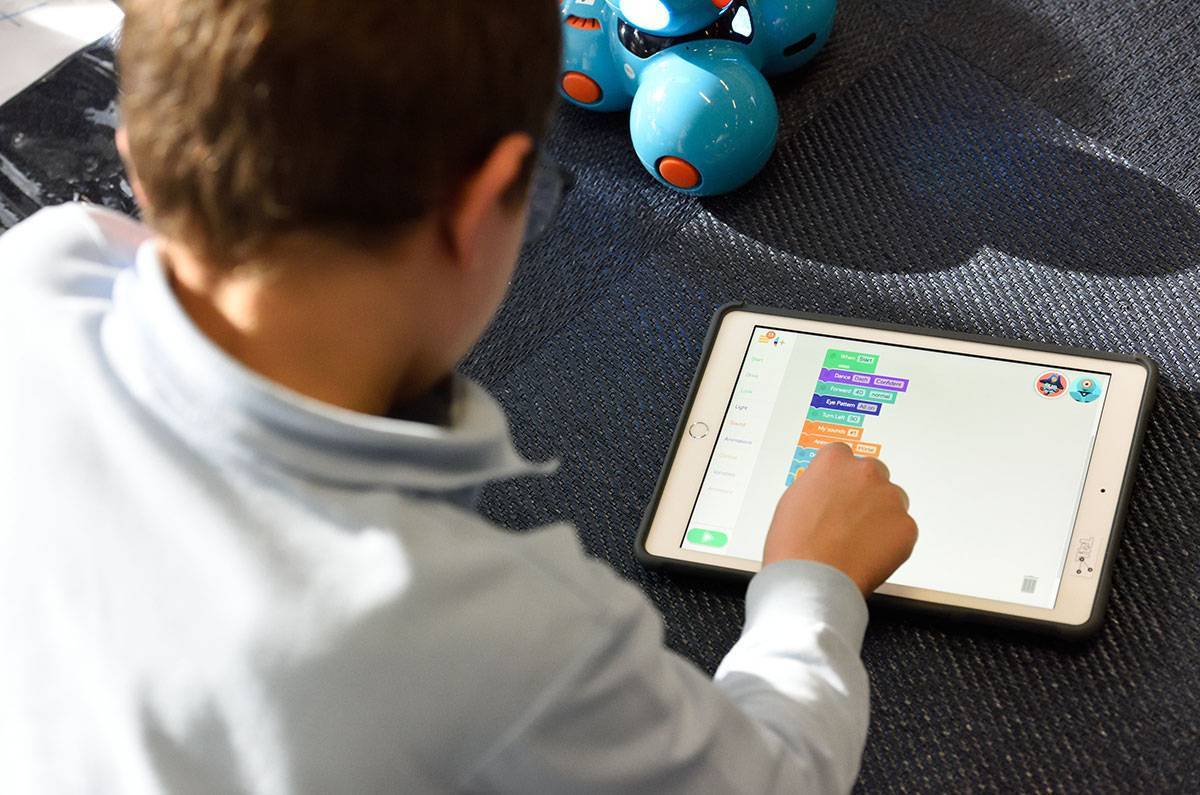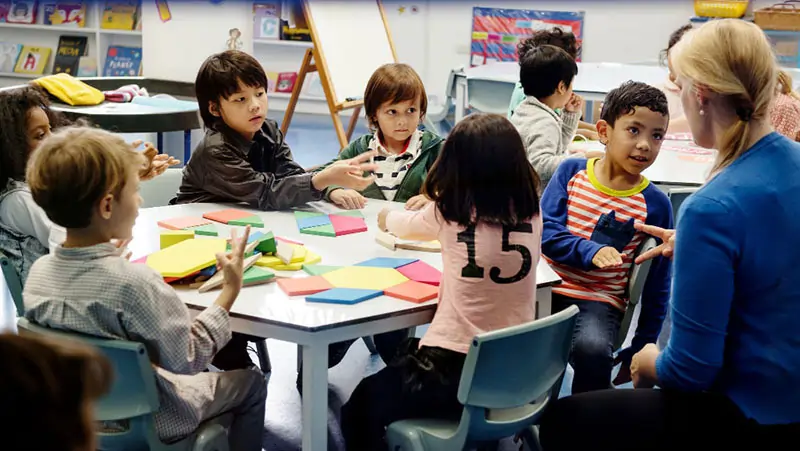10 Classic Games Which Work Great in Class

Learning through play is a tried-and-tested educational technique, and games are part of this.
Not only is it important to introduce an element of competitiveness into children’s learning, those vital elements of teamwork, learning how to lose, and being magnanimous in victory, are all part and parcel of a well-rounded education, and provide invaluable life skills. These ten classic games are great classroom tools:
Taboo
Taboo is an age-old game which involves describing a word without using any vocabulary too closely linked to it (or spelling it out, of course). For example, if the word was ‘queen’, using words such as ‘king’ or ‘royal’ would not be allowed, but instead the student would need to describe the concept using other vocabulary. This is a great game for building lexis and introducing problem-solving capabilities, as students have to find another way to describe the word.
Bingo
Another game for the ages, Bingo is wonderful for familiarizing younger students with numbers, and can be adapted in any number of ways. For example, instead of using numbers, you could use countries, or states, or ides related to a particular school subject you are studying. The options are endless.
Categories
This classic game encourages teams of students to correctly categorize what would at first seem to be disparate groups of objects or ideas. Once again is it wonderful for encouraging problem-solving capabilities as students seek out the connections between things.
Where am I?
This game is wonderful for learning about the world and other cultures. Students reveal clues about their ‘destination’, with those clues getting a little easier each time. Each clue is worth one less point that before, so students are encouraged to guess the location from the more abstract clues at the start.
Number games (for example, Buzz)
There are a limitless amounts of number games out there, but something that is easily played with a whole class is a game where particular numbers, or multiples, are represented by a particular sound. So, for example, if all numbers with a 5, or a multiple of 5 (such as ten) are represented by the word ‘buzz’, then as you go around the class, each student whose turn involves one of those numbers must say the word ‘buzz’ instead of the number, or they are ‘out’.
You can make the game more complicated with other words replacing other numbers and their multiples as well, so it starts to get really trick. It’s really great for deep thinking about numbers.
Dictionary
In this game, teams of students select an unusual word from the dictionary, and then give that definition of the word to another team, along with two ‘false’ definitions. The benefits of this game are easily apparent, with students increasing their vocabulary and also utilizing imagination to think up interesting, yet feasible, alternative definitions.
Dobble
This immensely popular game sees students identify the same object that appears on two cards. Each time there are eight objects, but the genius of the game is that there is only ever one object in common in any two cards. This is a great game for younger students to build up their knowledge of common objects, and also encourages observation skills. Run multiple games around the class at any one time.
Charades
A party favorite, charades is wonderful for finding alternative ways of acting out common objects, or film and book titles, of whatever it may be. First and foremost, it’s a lot of fun, but once again you are getting students to think outside of the box, which is a vital life skill.
Pictionary
Similar to charades, this asks students to interpret the word, phrase, or whatever it may be, but this time solely through drawing. As anyone who has played Pictionary before knows, it’s not about who is the best artist, but about who can simply interpret the idea and present it in a way that is easily recognizable to others. This game can get really competitive too, but that’s okay.
Hangman
This classic game is such a simple way of encouraging interest in spelling. You can even do it with a whole class split down the middle, with the teacher presenting the missing words, and of course the hangman, on the board as teams guess. It’s lot of fun.
Author Bio: Kristin Herman is a communications enthusiast and a project manager at State of Writing online writing service.


